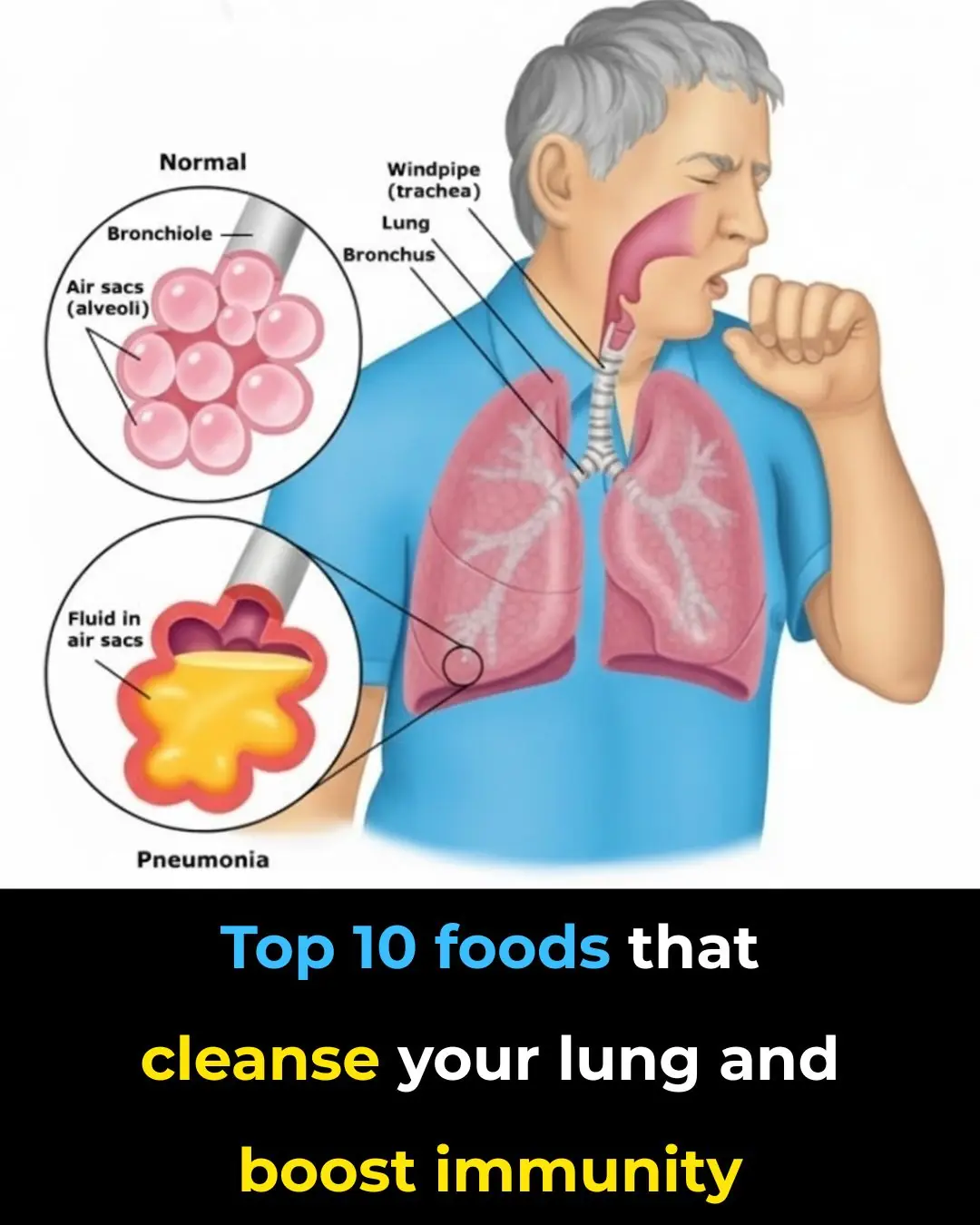
Starve cancer cells: the ultimate guide to foods that fight and feed cancer
What if the food on your plate right now could either feed potential cancer cells or help your body fight them off? It’s a startling idea, but one that modern science continues to confirm: nutrition is one of the most powerful tools in the fight against cancer. This isn’t about chasing a single “superfood.” It’s about understanding how cancer cells behave — and using that knowledge to create an internal environment where they struggle to survive and multiply.
For decades, conventional medicine has largely overlooked the role of nutrition in cancer care. Patients are often told, “Just eat whatever you want, as long as you don’t lose weight.” But this advice ignores a crucial fact: every cell in your body, including cancer cells, is made from and fueled by the food you eat. Food is not just calories — it’s information. Every bite sends chemical signals that can either trigger inflammation and promote disease, or help your body heal, regenerate, and protect itself.
In this article, we’ll explore the fascinating science of how cancer grows, why certain foods can accelerate or suppress that growth, and how to use dietary and lifestyle strategies to take control of your metabolic health and reduce your risk.
Key Takeaways
-
Cancer’s Primary Fuel: Most cancer cells depend heavily on glucose (sugar) and an amino acid called glutamine for energy — a metabolic flaw known as the Warburg Effect.
-
Starve the Tumor: Reducing sugar and refined carbohydrates can help cut off the main energy source that fuels cancer growth.
-
Shift Your Metabolism: Diets like keto and practices like intermittent fasting can switch your body from burning sugar to burning fat (ketones), which cancer cells cannot efficiently use.
-
Fight Inflammation and Oxygen Deprivation: Chronic inflammation and low oxygen levels create a perfect breeding ground for cancer. Anti-inflammatory diets and regular exercise are powerful countermeasures.
-
Nutrient Power: Key nutrients like vitamins D and C, plus zinc and selenium, are vital for immune function and cellular repair.
1. Know Your Enemy: What Really Fuels Cancer
To effectively fight cancer, you need to understand its biology. Cancer is not a foreign invader — it begins as one of your own cells that has gone rogue. While toxins, infections, or chronic stress may cause the initial mutation, the deeper problem often lies in mitochondrial damage.
Mitochondria are the “power plants” of your cells, responsible for generating energy (ATP) through a process called aerobic metabolism — using oxygen efficiently. When these mitochondria become damaged by oxidative stress, poor diet, or environmental toxins, the cell faces a choice: die, or adapt. Cancer cells choose to adapt. They shift to a primitive survival mode known as anaerobic fermentation, where they generate energy by burning sugar without oxygen.
This discovery, made by Nobel Prize–winning scientist Dr. Otto Warburg in 1931, revealed a key vulnerability: cancer cells are metabolically inflexible. They are addicted to sugar and thrive in low-oxygen, high-inflammation environments.
Healthy cells are like efficient hybrid engines that run cleanly on oxygen. Cancer cells, by contrast, are like sputtering engines that can only run on crude, sugary fuel. They have up to 20 times more insulin receptors than normal cells, making them experts at sucking up glucose. The more sugar circulating in your blood, the more energy you provide to potential tumors.
Cancer’s second favorite fuel is glutamine, an amino acid found in abundance in processed foods and certain meats and dairy products. That’s why both sugar control and protein quality matter in a cancer-preventive diet.
2. Cut the Fuel Line: Sugar, Cancer’s Best Friend
Since cancer cells are ravenous for sugar, the first step in any anti-cancer strategy is to cut off their fuel supply. Every time you drink soda, eat candy, or consume refined carbohydrates like white bread or pasta, your blood sugar spikes.
Your body responds by releasing insulin, a hormone that helps move glucose into cells for energy. But insulin also acts as a growth signal. It tells your cells — including cancer cells — to grow and divide.
This is a double threat:
-
The sugar directly feeds tumor cells.
-
The insulin surge accelerates their growth.
To stop this cycle, focus on stabilizing your blood sugar by eliminating refined sugars and processed carbohydrates. That means avoiding:
-
Sweetened drinks and desserts
-
White bread, white rice, and pastries
-
Processed cereals and snacks
-
Fruit juices high in natural sugars
Instead, emphasize foods that digest slowly — non-starchy vegetables, healthy fats, and proteins. These help keep insulin levels stable and deprive cancer cells of their preferred energy source.
3. Flip the Metabolic Switch: Keto and Intermittent Fasting
Once you’ve stopped feeding cancer cells with sugar, the next step is to train your body to use a different kind of fuel — one that cancer cells can’t handle: fat.
The ketogenic diet is a low-carbohydrate, high-fat, moderate-protein approach that shifts your metabolism from burning sugar to burning fat. This produces ketones, clean, energy-rich molecules that healthy cells thrive on but cancer cells cannot use efficiently. Essentially, you’re nourishing your body while starving the cancer.
Intermittent fasting amplifies this effect. By limiting your eating window — for example, eating between 12 PM and 6 PM — you extend the time your body goes without food. During this fasting period, insulin levels drop, sugar stores are depleted, and ketone production rises.
After about 14–16 hours, your body begins autophagy, a natural process that recycles damaged or old cells — including precancerous ones. Combined with keto, fasting turns your metabolism into a powerful anti-cancer weapon.
For beginners, start with a simple 12-hour fast (e.g., 7 PM to 7 AM) and gradually extend it. Always consult a healthcare provider before attempting advanced fasting or strict keto if you have medical conditions.
4. Oxygenate and Calm: Fighting Inflammation and Hypoxia
Cancer thrives in low-oxygen, inflamed environments. These two conditions go hand in hand — and both can be corrected through lifestyle changes.
When tissues are deprived of oxygen (due to inactivity, smoking, shallow breathing, or poor circulation), cells become stressed and more likely to mutate. Regular exercise — even brisk walking or deep-breathing yoga — increases oxygen flow to tissues, making it harder for cancer to gain a foothold.
Meanwhile, chronic inflammation acts like a slow-burning internal fire. It damages DNA, weakens mitochondria, and confuses your immune system. Common culprits include:
-
Refined sugars and seed oils (soy, corn, canola)
-
Processed meats
-
Excess alcohol
-
Sleep deprivation and chronic stress
An anti-inflammatory diet — rich in leafy greens, cruciferous vegetables, omega-3 fats, herbs, and spices like turmeric and ginger — helps put out this fire and supports your body’s natural healing processes.
5. Strengthen Your Immune Army: Key Nutrients That Defend You
Your immune system constantly patrols your body, identifying and eliminating abnormal cells before they become dangerous. For this system to function properly, it needs certain nutrients in adequate amounts:
-
Vitamin D: Technically a hormone, it regulates over 2,000 genes related to immunity and cell growth. Adequate vitamin D promotes apoptosis (programmed cell death) in cancer cells and enhances immune surveillance.
-
Vitamin C: Beyond its antioxidant role, high-dose vitamin C can act as a selective weapon against cancer cells, generating free radicals that destroy them while protecting healthy cells.
-
Zinc & Selenium: These minerals are essential for DNA repair and antioxidant defense. Low levels weaken immune function and reduce your body’s ability to detect and destroy malignant cells.
-
Magnesium: Supports mitochondrial health and regulates inflammation — often overlooked but crucial.
Sun exposure, whole foods, and targeted supplementation can help maintain optimal levels.
6. Stock Your Arsenal: Cancer-Fighting Foods
Certain foods contain natural compounds that inhibit tumor growth, boost immunity, and detoxify your body. Aim to include these regularly:
-
Broccoli & Kale: Rich in sulforaphane and glucosinolates that enhance liver detoxification.
-
Cauliflower & Cabbage: Support hormonal balance and reduce inflammation.
-
Garlic & Onions: Contain allicin, which boosts immune activity and may help destroy cancer cells.
-
Turmeric & Ginger: Potent anti-inflammatories that suppress cancer-promoting enzymes.
-
Spinach & Leafy Greens: High in antioxidants and folate for DNA protection.
-
Berries (blueberries, raspberries, strawberries): Packed with polyphenols that protect DNA and inhibit tumor angiogenesis (blood vessel growth).
-
Green Tea: Contains catechins that slow cancer cell proliferation.
-
Olive Oil & Avocado: Provide monounsaturated fats and antioxidants that reduce inflammation.
-
Tomatoes: A rich source of lycopene, linked to lower prostate and breast cancer risk.
-
Pumpkin Seeds & Nuts: Excellent sources of zinc, magnesium, and healthy fats.
Think of your diet as medicine — every meal is an opportunity to either strengthen or weaken your internal defenses.
7. Know Your Enemies: Foods That Feed Cancer
Just as you add healing foods, you must also eliminate the ones that do harm:
-
Refined Sugar & White Flour: Feed tumors directly and spike insulin.
-
Processed Vegetable Oils: High in omega-6 fats that drive inflammation.
-
Industrial Dairy: May contain hormones that promote hormone-sensitive cancers. Choose organic or fermented dairy in moderation.
-
Processed & Red Meats: Linked to carcinogenic compounds when preserved or cooked at high temperatures.
-
Alcohol: Excess intake disrupts liver detoxification and raises estrogen levels.
Avoiding these foods doesn’t mean deprivation — it means freedom from what fuels disease.
Conclusion: Take Back Control Through Nutrition
Understanding cancer’s metabolic weakness gives you power. Cancer thrives on sugar and inflammation — but both are within your control. By removing the foods that feed it, embracing nutrient-dense, anti-inflammatory meals, and practicing metabolic strategies like keto and fasting, you’re not just eating for pleasure — you’re actively shaping your body’s terrain to resist disease.
Combined with regular movement, quality sleep, and stress management, these nutritional choices create an internal environment where your body can flourish — and where cancer cannot.
You are not powerless. Every meal, every breath, every mindful choice is a step toward healing and resilience.
News in the same category

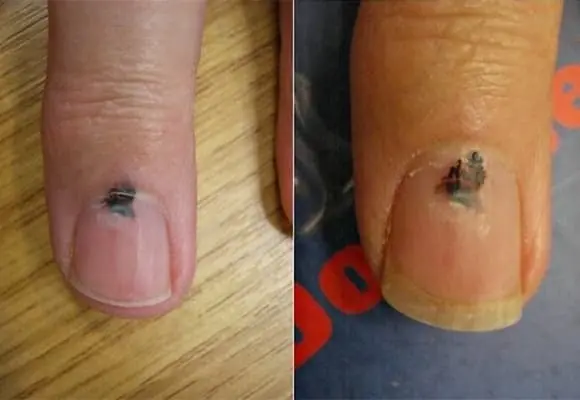
6 Body Parts That Turn Black May Signal Cancer — Don’t Ignore Them

The Amazing Power of Caesalpinia pulcherrima (Peacock Flower)

White Bumps or Spots on Lips: Causes and Effective Treatments
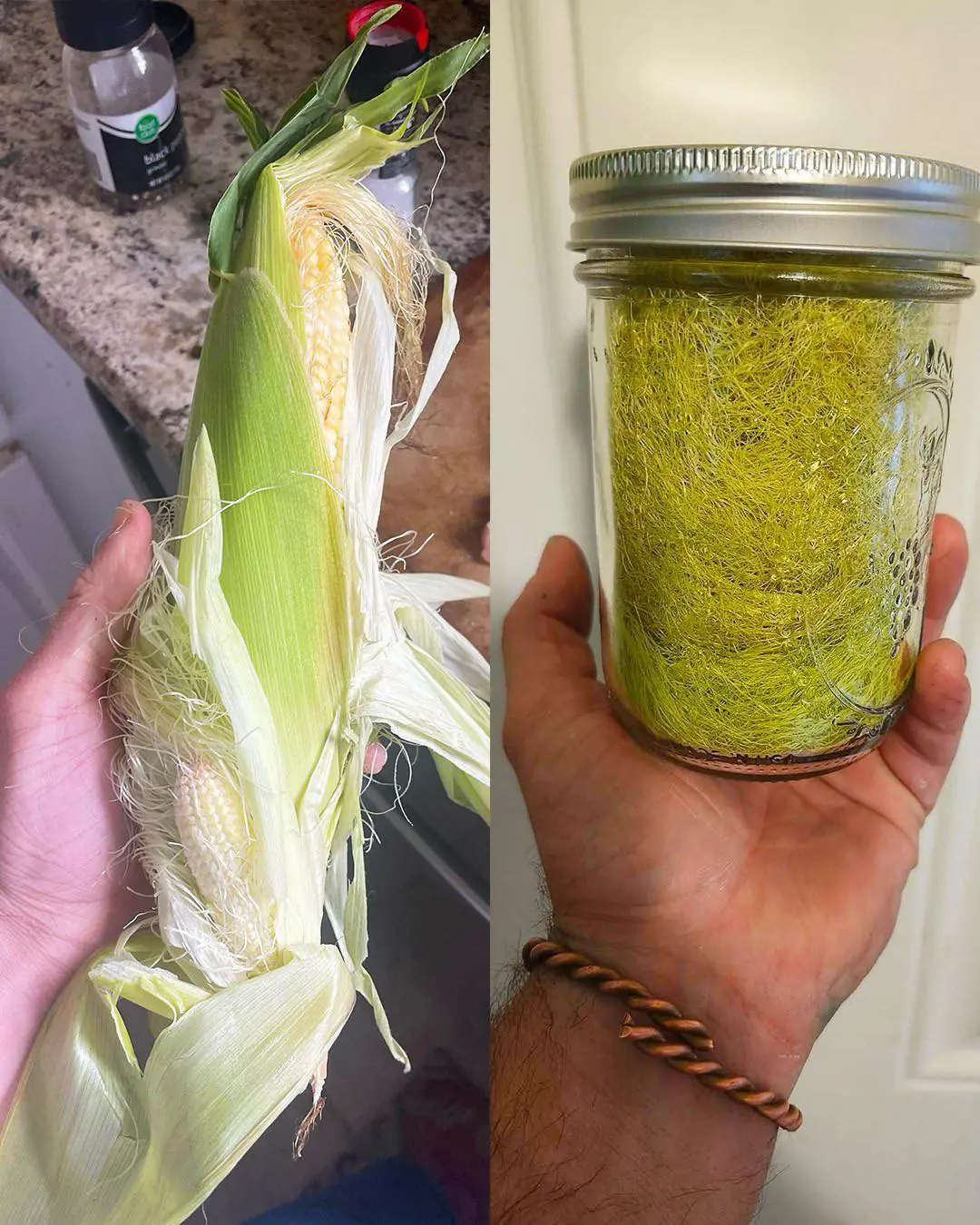
Corn Silk: 30 Health Benefits and How to Use It
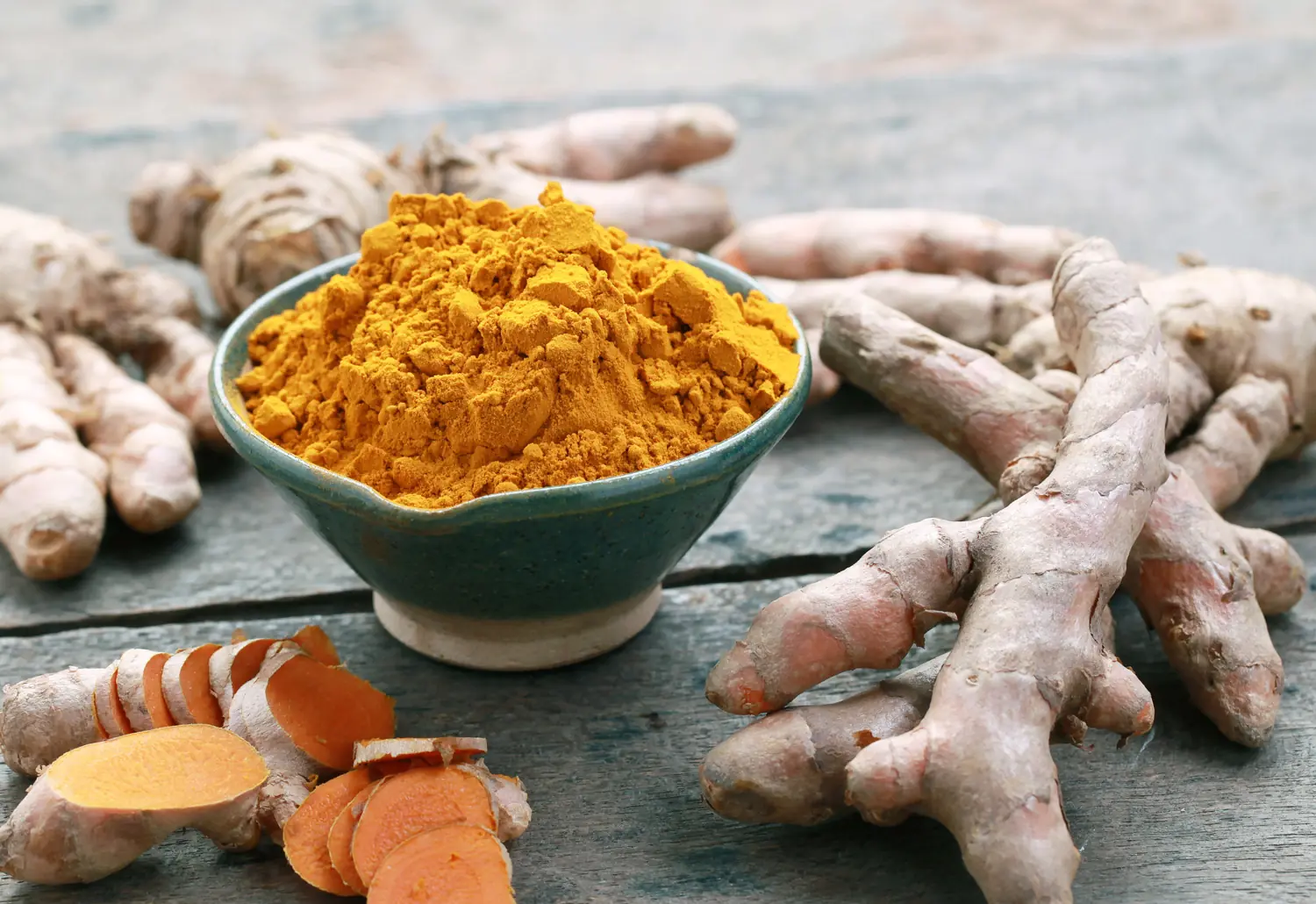
Turmeric Dosage: How Much You Actually Need for Arthritis, Cancer, and Other Diseases

Better Than Medicine? The Shocking Truth About Dates & Blood Sugar!
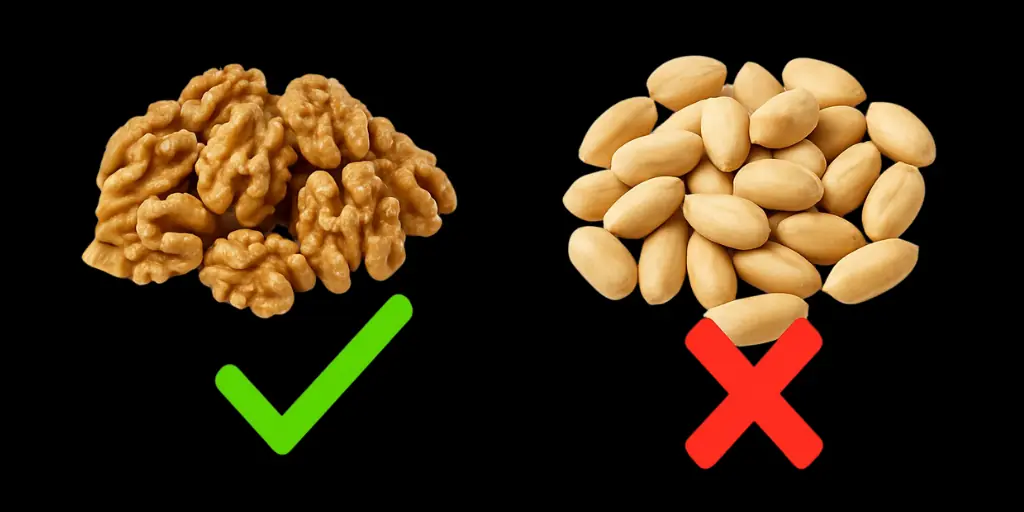
7 Nuts You Should Eat for Better Health (and the #1 Nut You Should NEVER Touch)

An easy-to-dismiss symptom in your foot could be a sign of several more serious illnesses

Doctor reveals 5 powerful snacks that help your body fight cancer and disease

#1 Best Way to Lower Blood Pressure Naturally and Fast
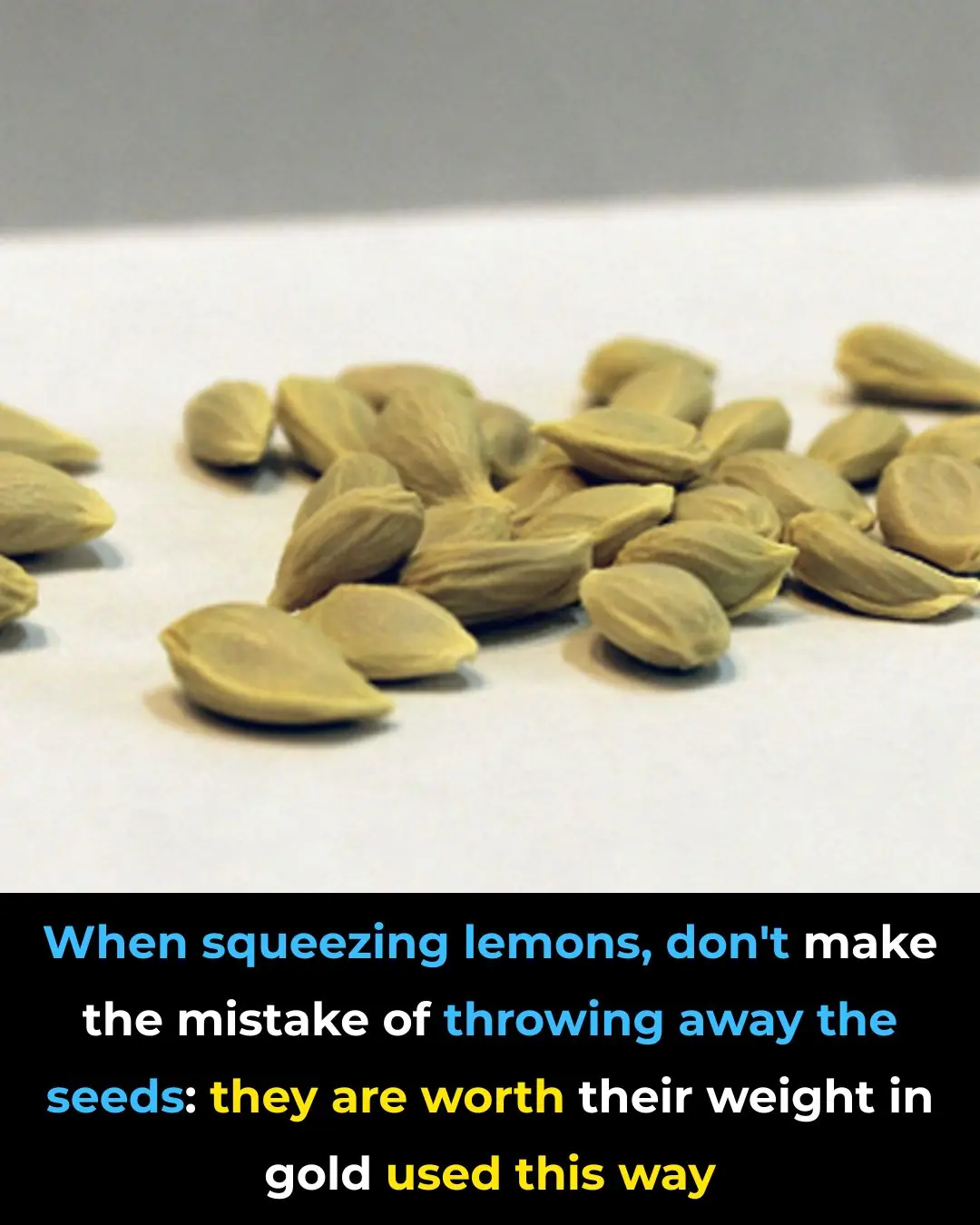
🍋 Don’t Throw Away Lemon Seeds & Peels — Here’s How to Use Them Safely

Carrot, Ginger Juice Recipe Drink this regularly and you'll notice incredible changes in your body: 5 amazing benefits of this beverage 👇
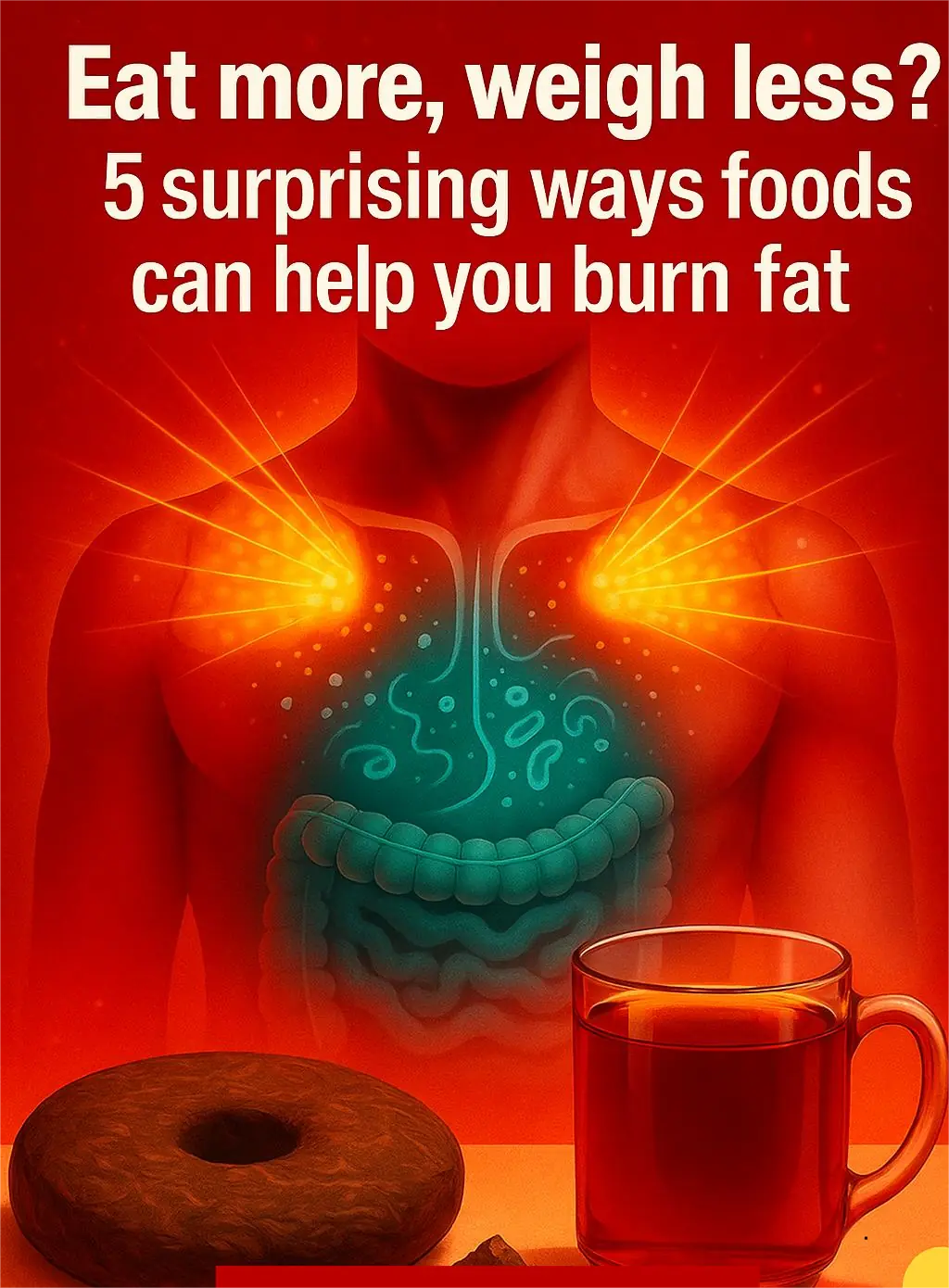
Eat more, weigh less? 5 surprising ways foods can help you burn fat
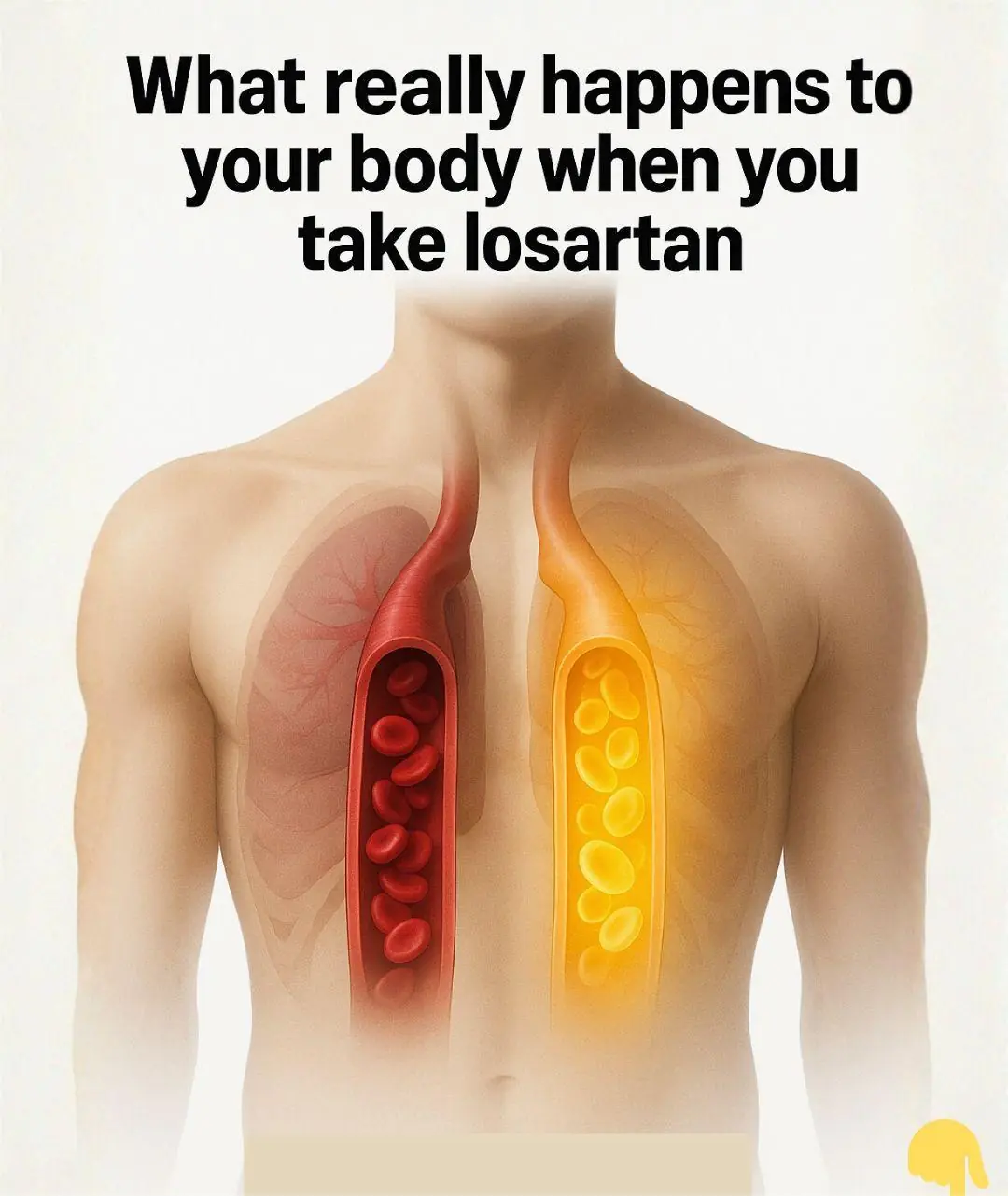
What really happens to your body when you take LOSARTAN

Stop Eating Eggs Immediately If Your Body Shows These 8 Signs

Sarcopenia: Causes of Muscle Loss and How to Regain Strength
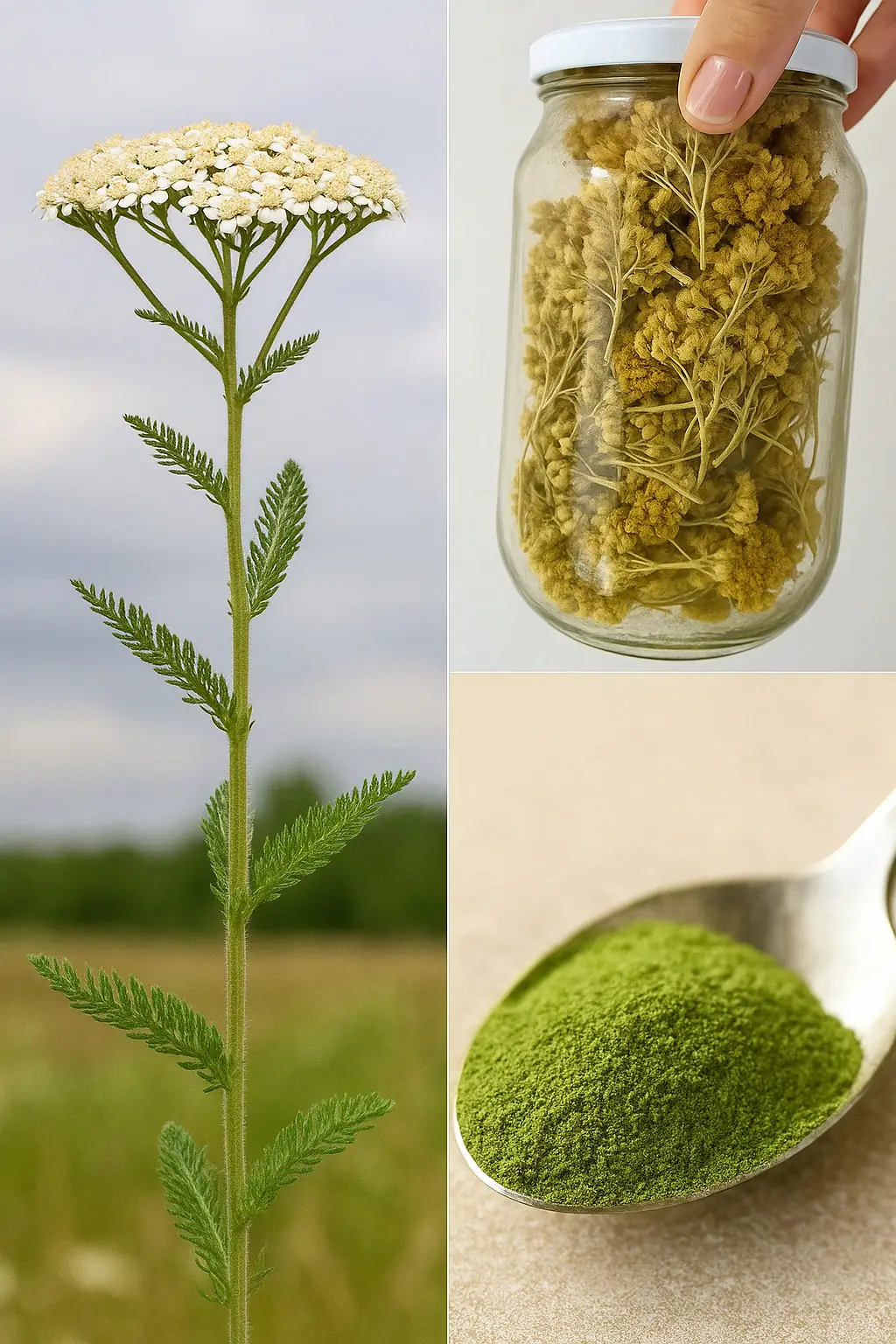
Yarrow: A Timeless Herbal Ally with Amazing Health Benefits
News Post

4 Types of Shoulder Pain That May Signal Dangerous Cancer — Don’t Mistake Them for Simple Joint Problems

6 Body Parts That Turn Black May Signal Cancer — Don’t Ignore Them

Serrated Leaf Motherwort: A Precious Herb with Many Benefits

Banana flowers and their little-known uses
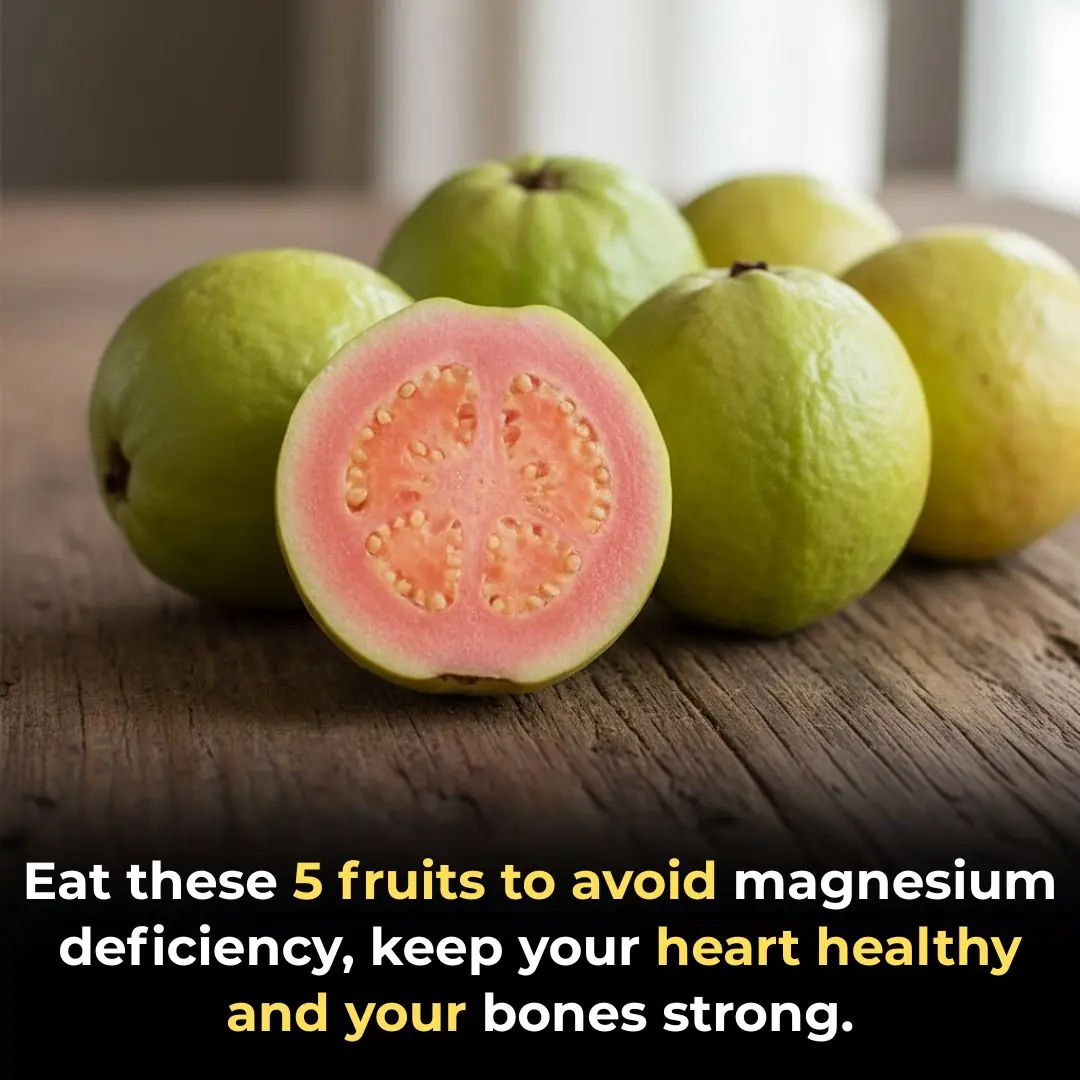
Eat these 5 fruits to avoid magnesium deficiency, keep your heart healthy and your bones strong.

The Amazing Power of Caesalpinia pulcherrima (Peacock Flower)

White Bumps or Spots on Lips: Causes and Effective Treatments

Corn Silk: 30 Health Benefits and How to Use It

Turmeric Dosage: How Much You Actually Need for Arthritis, Cancer, and Other Diseases

Better Than Medicine? The Shocking Truth About Dates & Blood Sugar!

7 Nuts You Should Eat for Better Health (and the #1 Nut You Should NEVER Touch)

An easy-to-dismiss symptom in your foot could be a sign of several more serious illnesses
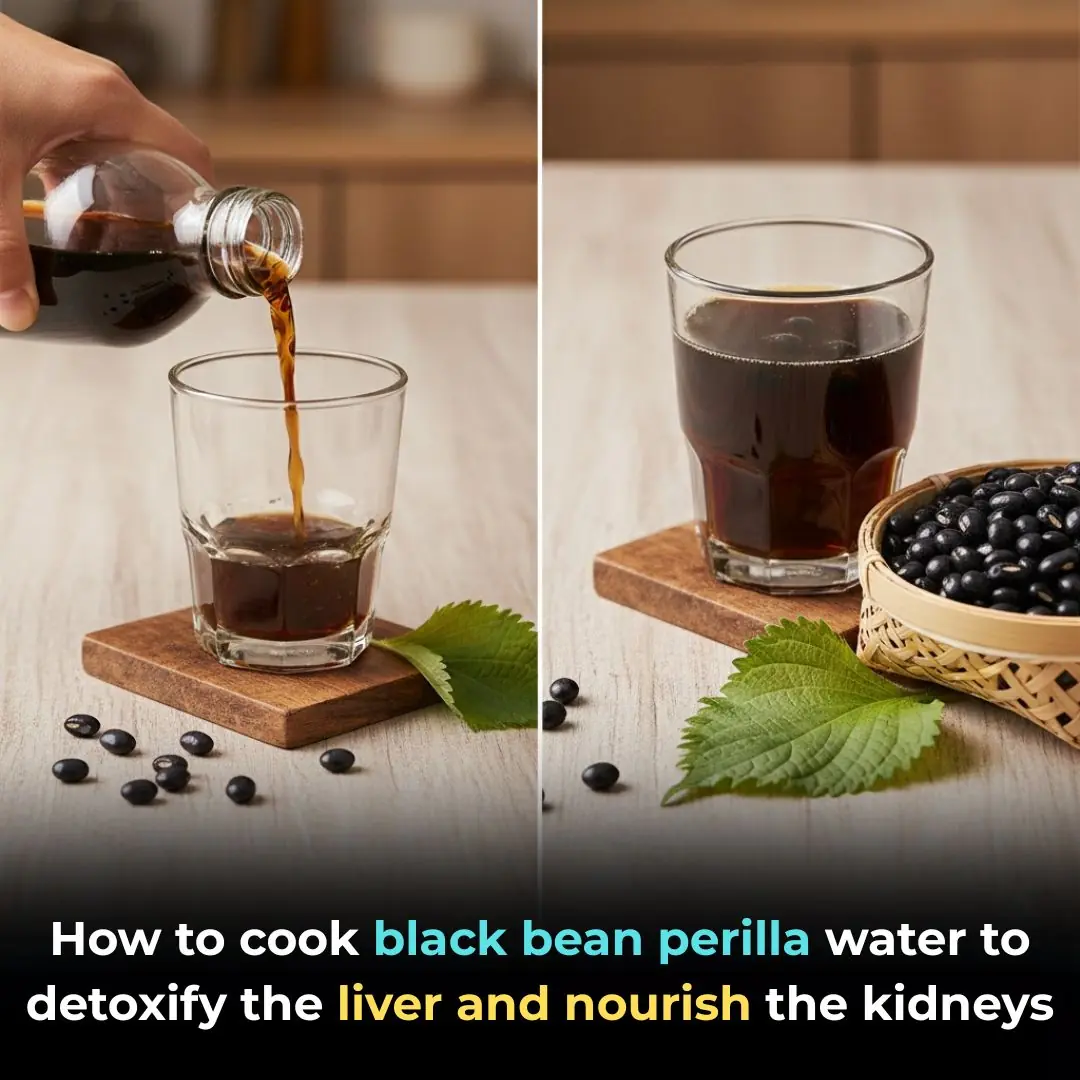
How to cook black bean perilla water to detoxify the liver and nourish the kidneys

A miracle will happen with a handful of seeds under the bed, unfortunately it's just now

Pouring white sugar into laundry detergent: A little tip that everyone loves, saves a lot of money every year

Tips for dealing with moldy and peeling walls: Simple, inexpensive, any house can do it

Stop wasting money on these 10 pantry staples

Doctor reveals 5 powerful snacks that help your body fight cancer and disease
